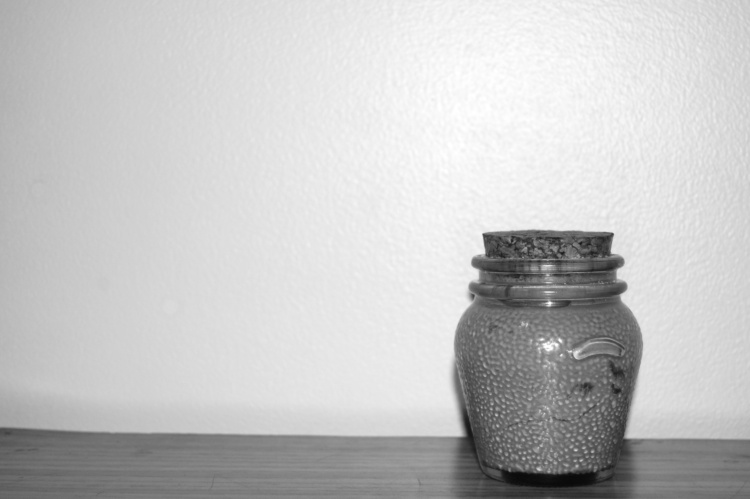
I live a simple, frugal life. I tend to find many uses for one thing; this can save money and prevent wastefulness. One thing I use in a few ways is bentonite clay, which is a swelling clay with a strong negative charge. I use calcium and sodium bentonite for various purposes. This clay attracts positively-charged particles that could be harmful in abundance. Of course, there are many clays out there. The following are a few uses for this earth material that you might not have considered.
All-Purpose Cleaner
I use the clay to make a general cleaning solution. I add a few ounces to half gallon of water, plus a few drops of lemon, eucalyptus, or lavender oil. I pour some in a spray bottle, shake it up, and clean counters, walls, and others areas. (A study showed that a diluted clay solution removed more pathogens from a hospital wall than a leading commercial cleanser.) It works well for most things and should last a while.
A hair mask can be beneficial, but the diluted solution can be used as a scalp cleaner and hair enhancer. You can customize any additions to your particular needs. I throw in a little aloe vera to some of the base solution above and maybe some leftover herbal tea. You can pour the solution on your scalp, massage, and clean. Then, I rinse and spray rose water or quartz crystal-fused water afterward.
I usually use a natural sea sponge or smooth stone to clean my face and body. They work quite well, but I might use the general cleaning solution (my mid-stream pee, diluted apple cider, or a natural saponin) sometimes. This can leave the skin feeling soft and helps maintain the natural pH balance that can get out of whack because of pollution, certain soaps, or even the water we bathe or shower in.
Soil Enricher
Adding clay to soil can help in several ways. It can help increase the pH level in acidic soil. For sandy soil, bentonite can improve water retention and reduce the need for watering. The idea here is that clay consists of small particles that prevent water from escaping–much different from sand that allows water to escape easily. You can use dry mixtures for new beds, but you should use a water solution for beds that are already in existence. Put about two pounds of clay in a bucket, and add two gallons of water. Allow it to sit for 24 hours. Wet the desired areas with your natural wetting agent. Now, go back and stir the mixture vigorously. You can then apply to existing beds with your watering pot.
Healing clays can help boost the growth of any food you grow. This is especially needed today because the soil is not like it used to be. Modern-day humans have thrown things out of balance. We’ve also created a lot of unnatural toxins. Just as this hurt us, it hurts the earth, affecting the natural balance and rhythms.
Cleanse Crystals
I cleanse crystals with sound, the moon, sun, wind, etc. But sometimes, I soak them in clay water. These creations become unbalanced when burdened down with electromagnetic smog, sickness, negative emotions, etc. This could happen for a number of reasons, like during a healing session or being near a computer, T.V., or under false, modern light too long. When you buy or receive a crystal or gemstone, you should cleanse it as who knows what it has been through. The clay’s negative charge will attract excess positive energy from the mineral, bringing balance.
To make the cleansing mix, add 1-2 teaspoons of the earth in a glass of water. Leave it for an hour or so, and come back and shake or stir the mixture, making a vortex. Then, just put the safe crystal (s) in this solution for an hour or so. You should rinse it off after that. Of course, crystals that cannot go in water should not be cleansed in this manner. This could be calcite, turquoise, halite, carnelian, just to name a few.